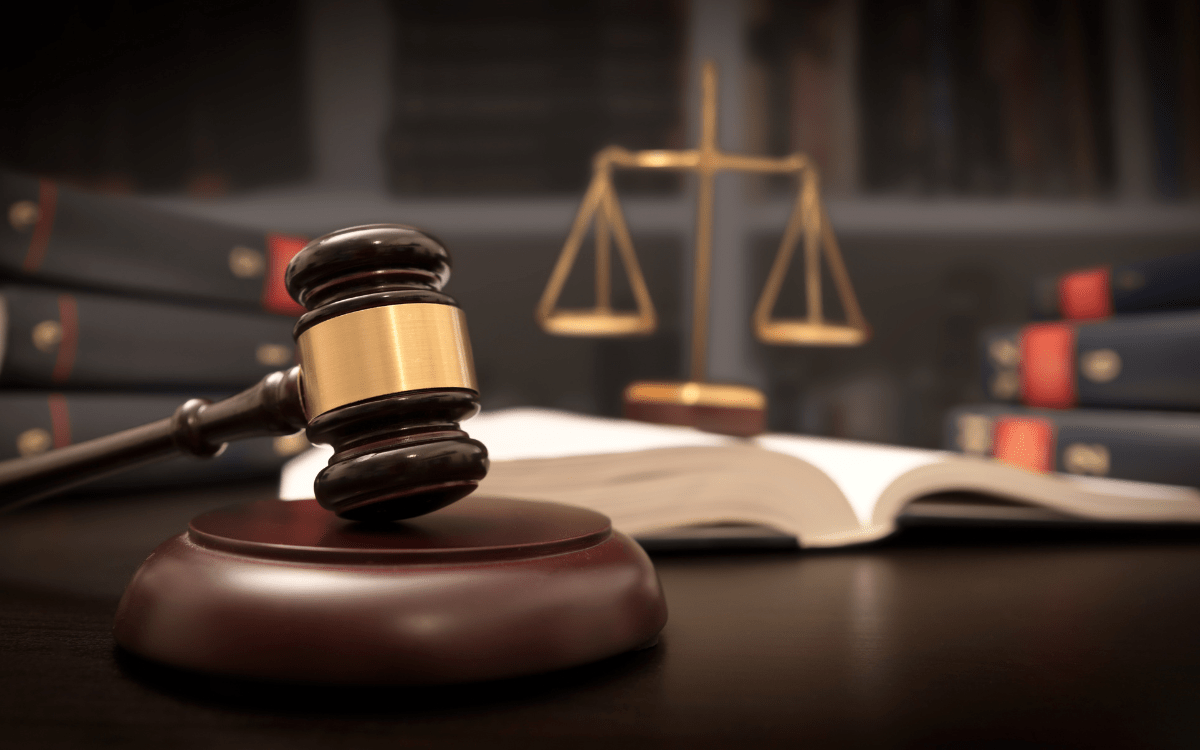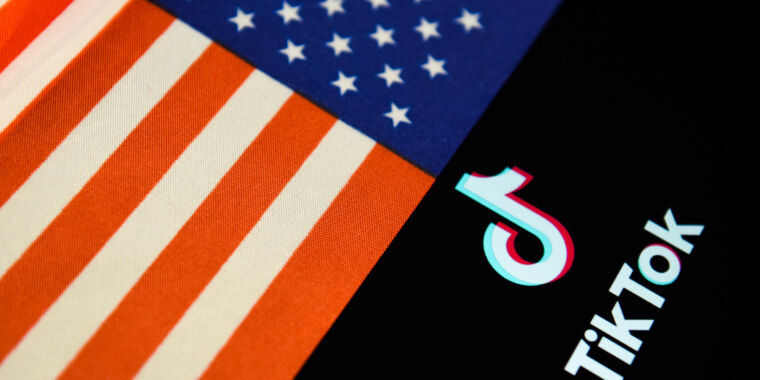Safeguarding AI Evaluation and Red Teaming through Legal Protections
Recent research from 23 AI experts stresses the importance of establishing legal and technical safeguards, known as ‘safe harbor,’ to facilitate unbiased evaluations of AI technology. Public interest researchers, journalists, and artists face legal barriers due to strict terms of service imposed by major AI companies like OpenAI, Google, Anthropic, Inflection, Meta, and Midjourney.
The authors of the paper advocate for tech companies to provide immunity for public interest AI research to prevent account suspensions or legal actions. They highlight the crucial role of independent evaluation in ensuring the safety and reliability of AI systems.
The Challenge of Research Restrictions
Despite the critical need for vulnerability assessments and ethical scrutiny of AI models, many companies prohibit such investigations under the guise of preventing malicious activities. This inhibits essential research that could enhance AI safety and build user trust. According to a blog post accompanying the paper, these restrictions hinder progress in understanding the potential risks associated with AI technologies.
For example, OpenAI labeled The New York Times’ assessment of ChatGPT as “hacking,” prompting a legal dispute. The Times’ legal team clarified that their evaluation aimed to identify copyright violations, not engage in illicit activities.
Advocating for Safe Harbor Protections
Co-authors Longpre and Kapoor underscore the significance of implementing a ‘safe harbor’ framework, drawing from previous initiatives aimed at protecting researchers and journalists investigating social media platforms. They emphasize the necessity of granting researchers access to AI systems to uncover any potential harms or weaknesses.
The authors stress the vital role of transparency in fostering collaboration between researchers and tech companies. While acknowledging the need for companies to safeguard their products, they advocate for tailored policies that distinguish between malicious use and legitimate research efforts.
Fostering Dialogue with Tech Companies
Longpre and Kapoor have engaged in discussions with companies affected by the proposed safe harbor protections. While initial responses have been positive, firm commitments are yet to be established. However, there are indications that companies like OpenAI are receptive to modifying their terms of service to accommodate safe harbor principles.
Ultimately, the collaborative approach between researchers and tech entities aims to promote responsible AI development and mitigate potential risks. By encouraging transparency and dialogue, the path towards establishing safe harbor protections for AI research becomes clearer.
Image/Photo credit: source url





